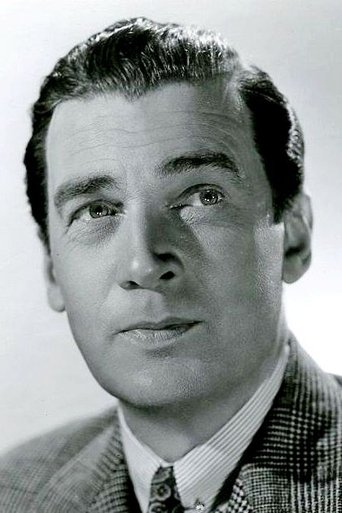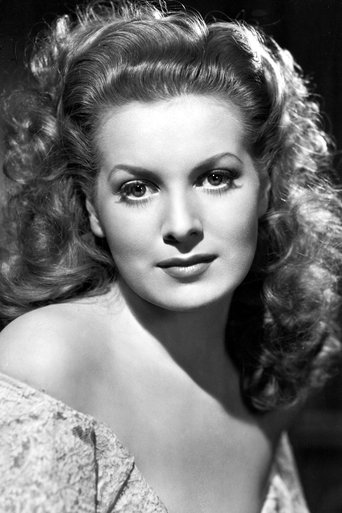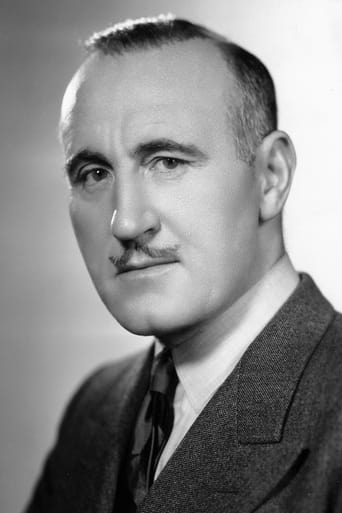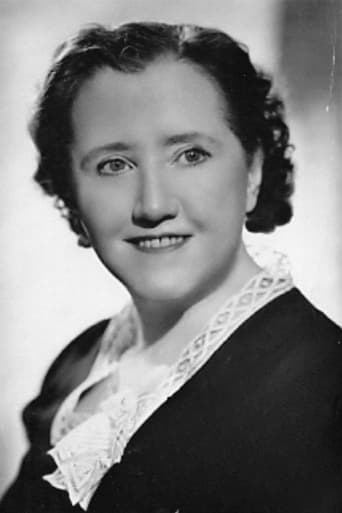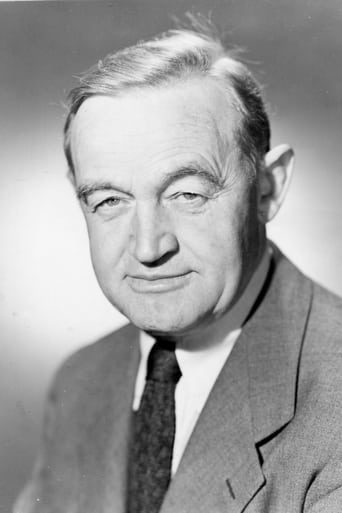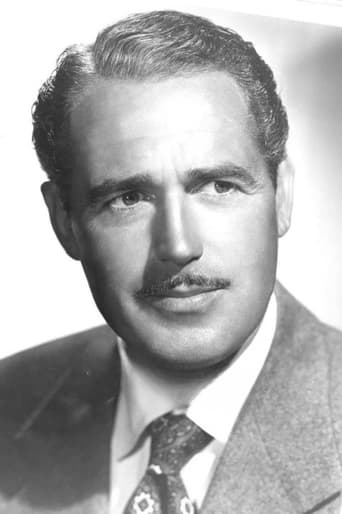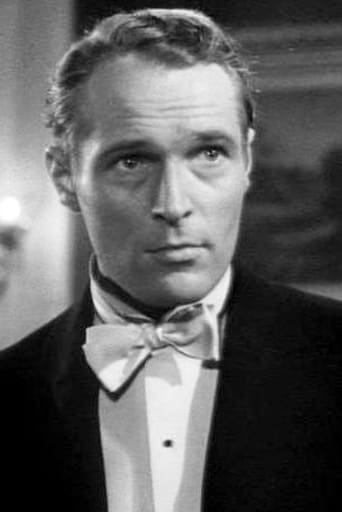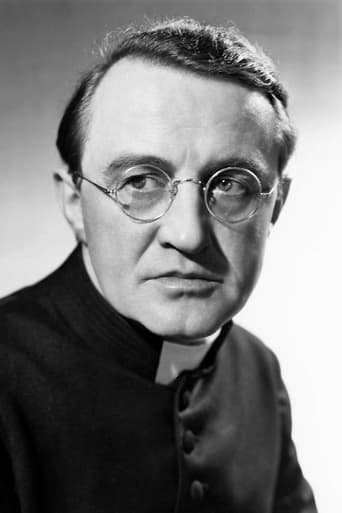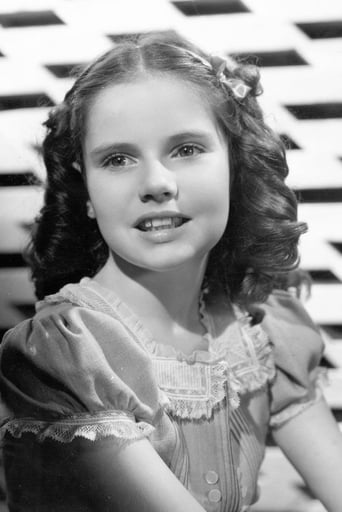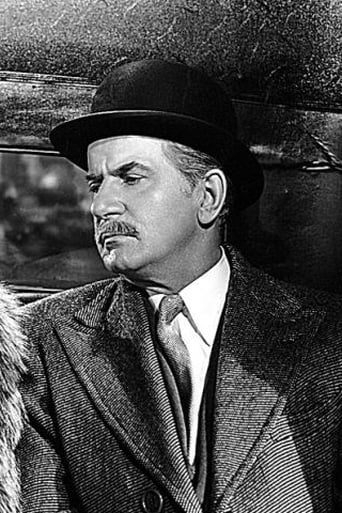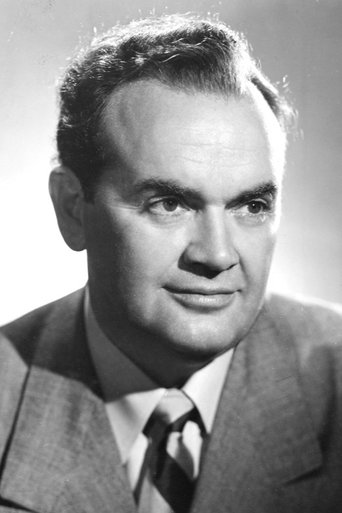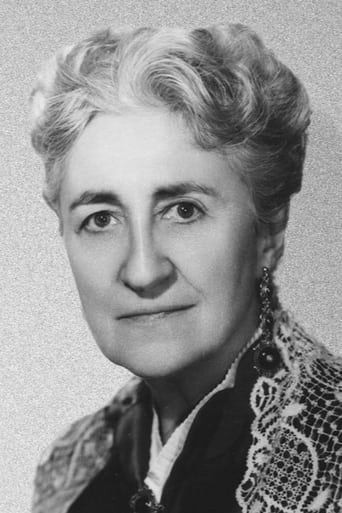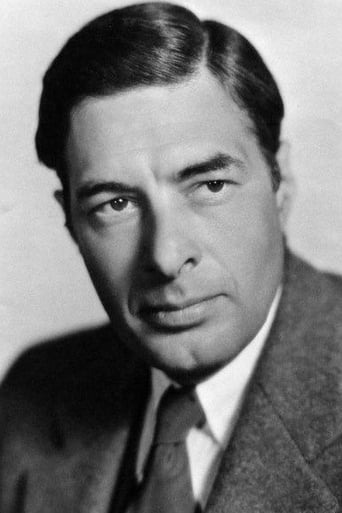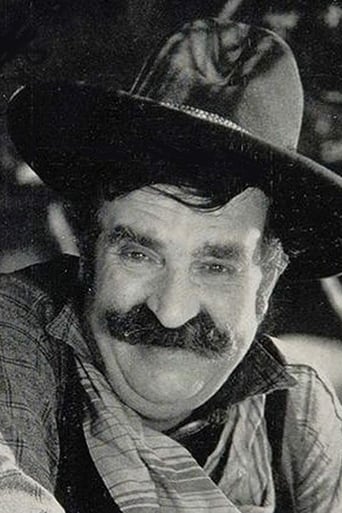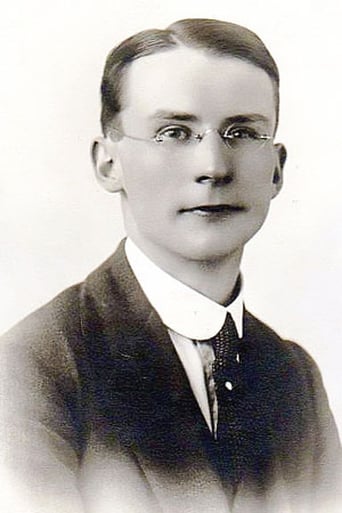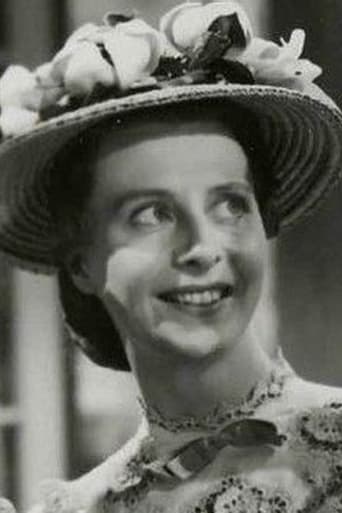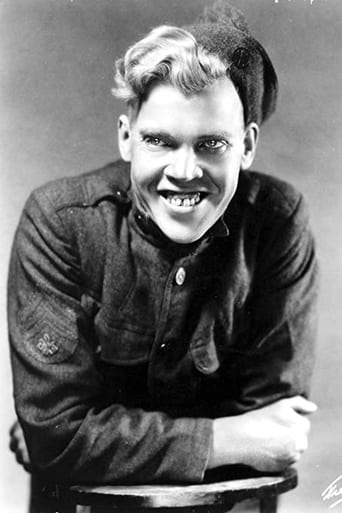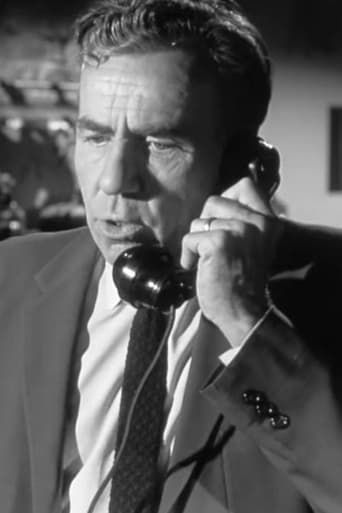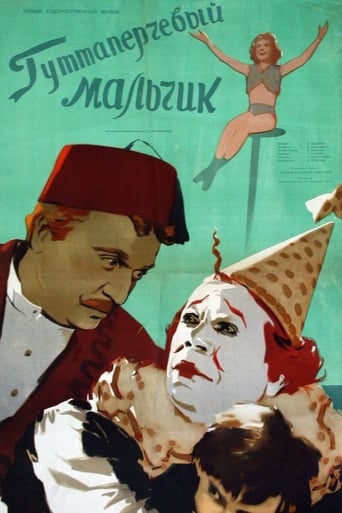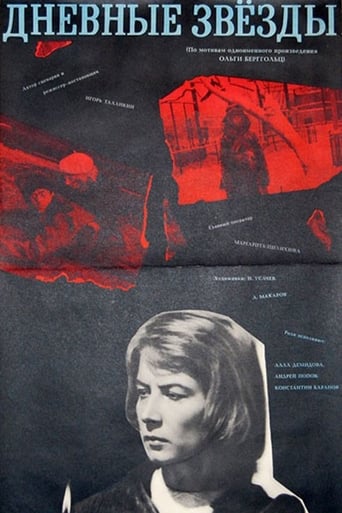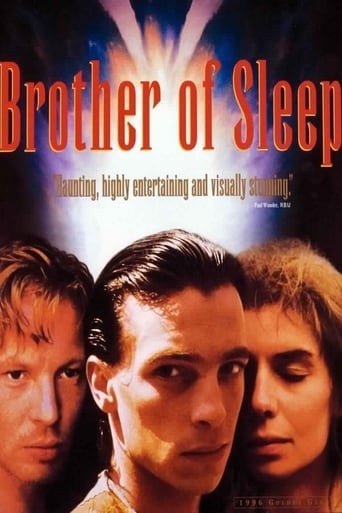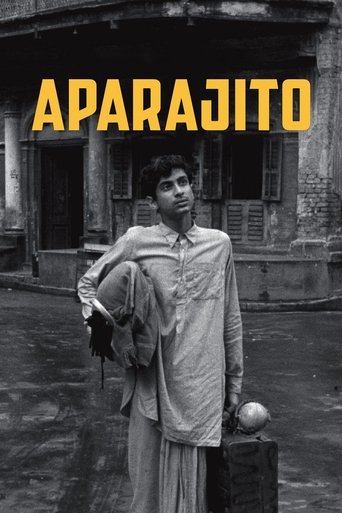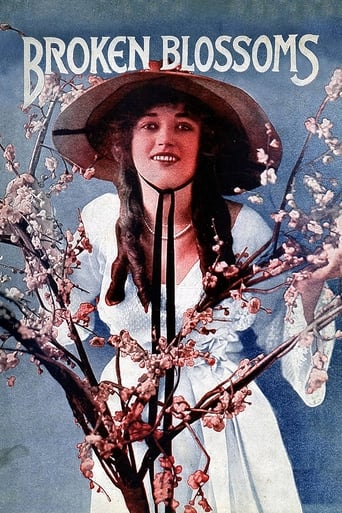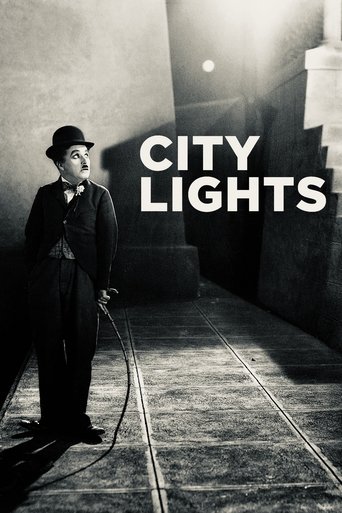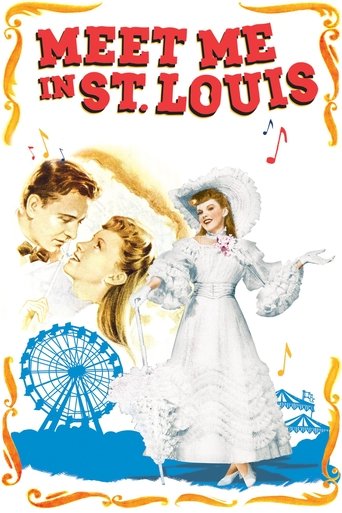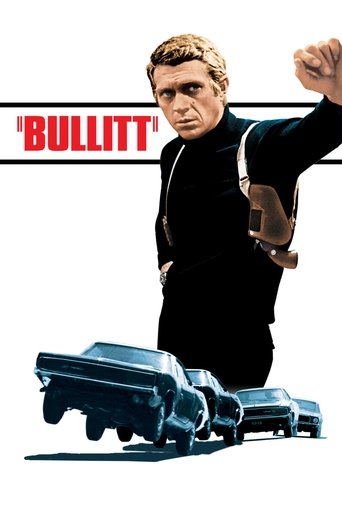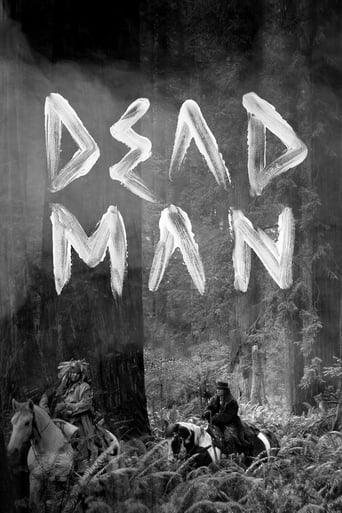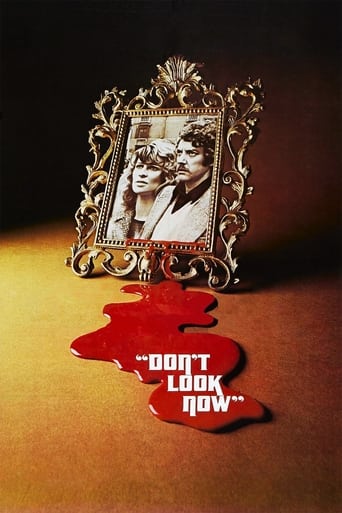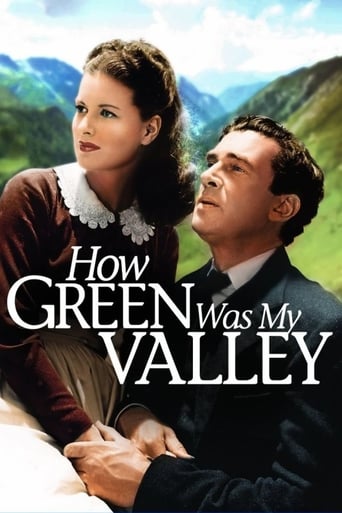
How Green Was My Valley (1941)
A man in his fifties reminisces about his childhood growing up in a Welsh mining village at the turn of the 20th century.
- John Ford
- Gene Bryant
- Edward O'Fearna
- Wingate Smith
- Philip Dunne
- Richard Llewellyn
Rating: 7.268/10 by 400 users
Alternative Title:
Como Era Verde Meu Vale - BR
Qu'elle était verte ma vallée - FR
翡翠谷 - CN
Schlagende Wetter - DE
Schwarze Diamanten - DE
Starke Herzen - DE
¡Qué verde era mi valle! - AR
나의 계곡은 푸르렀다 - KR
꿈 속의 낙원 - KR
꿈속의 낙원 - KR
¡Qué verde era mi valle! - ES
Country:
United States of America
Language:
English
Cymraeg
Runtime: 01 hour 58 minutes
Budget: $1,250,000
Revenue: $6,000,000
Plot Keyword: wales, based on novel or book, family relationships, rural area, black and white, gossip, mining town, coal mining, coal mine, corporal punishment, coal miner, preserved film
Made at the start of WWII, there is something especially potent about this simple story of a Victorian family of Welsh miners. The mine was their economy, their community and patriarch "Morgan" (Donald Crisp) the stern, but loving, father of five sons. It soon becomes clear to his sons that the reliability of the mining industry as a source of income could be waning. Their wages begin to be cut, the job-for-life that they thought they had started to look much less certain. Much to the chagrin of the older man, they are instrumental in calling a strike and that begins a story that challenges and redefines their social and cultural norms. Simultaneously, a new minister "Gruffydd" (Walter Pidgeon) arrives and his methods cause some consternation too - the villagers are facing tough choices. The final thread here focusses on the youngest "Morgan" - "Huw" (a fine effort from Roddy McDowall) whom his parents are determined will be educated, hopefully ensuring a better chance in life avoiding the pit. John Ford has created a gentle, observational masterpiece here. The characterisations are rich and tender. There is no stand out star, all contribute cohesively to a story of family and loyalty, tragedy and optimism all set against an background of huge change. It isn't a political film, as such. It clearly takes a swipe at the mine employers repeatedly lowering wages, or employing cheaper labour but also glories in their sense of achievement when their choir is commanded to Windsor Castle to sing for Queen Victoria. Though hardly laugh out loud, there is humour here - a very peculiar sense of Welsh, working class drollery that is best exemplified when two villagers decide to teach the bullying school master "Jonas" (Morton Lowry) that vengeance is not just the Lord's. The pace is perfect, the story ebbs and flows most naturally with high standards of production and some fine singing now and again too. Lovely film!

